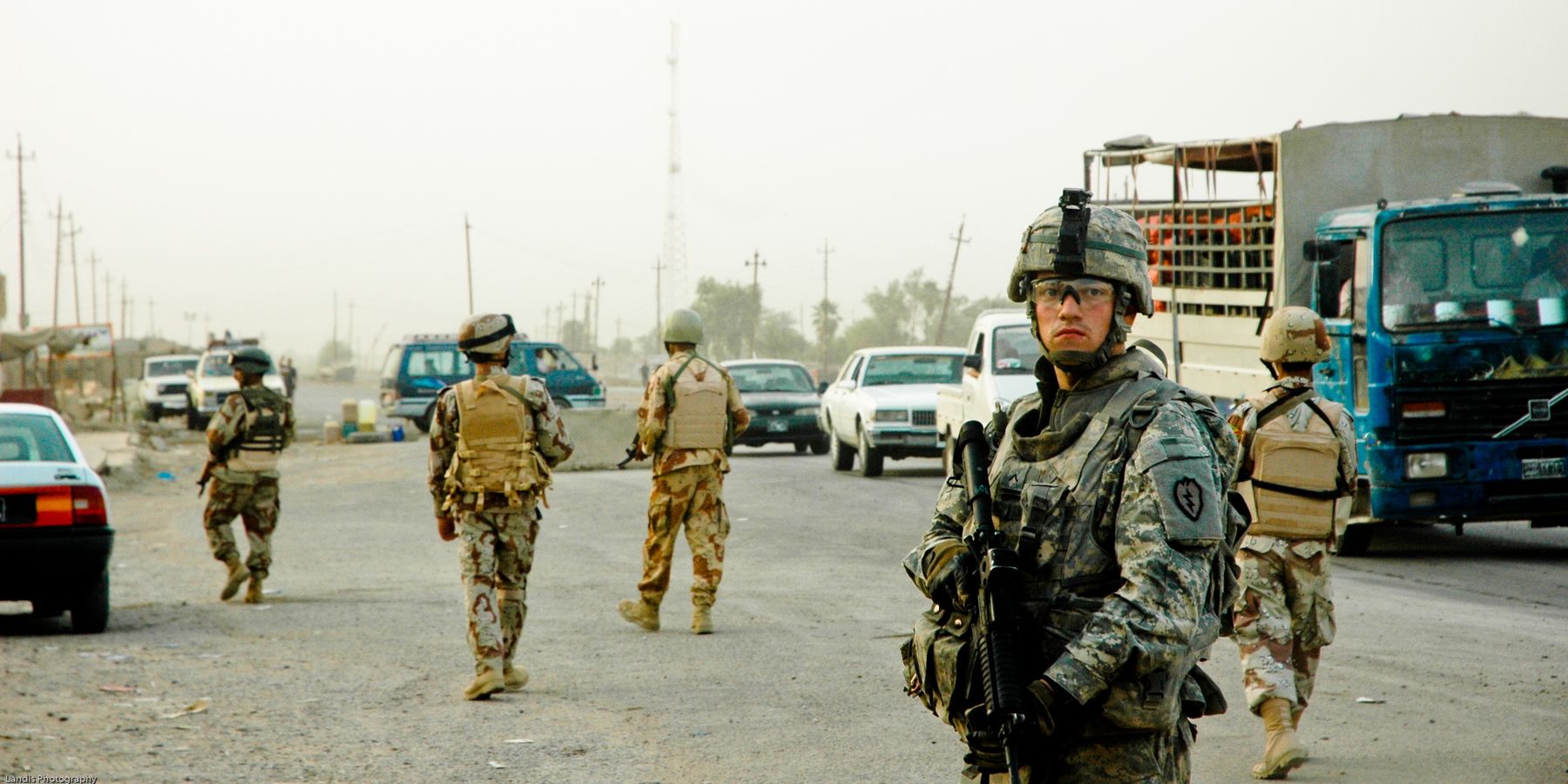This year, there seemed to be reason for optimism among advocates of war powers reform. When the Senate voted in March to repeal the 2002 authorization for war with Iraq, many assumed the House would quickly pass the measure, which had garnered broad bipartisan support in previous years.
But that optimism may be misplaced, as a hearing in the House Foreign Affairs Committee demonstrated Thursday. Far from showing a desire to wrestle back their war-making authorities, most lawmakers appear determined to maintain the status quo that has seen U.S. troops carry out operations in more than 20 countries around the world.
The hearing revolved around the holy grail of war powers: the 2001 authorization for the use of military force (AUMF) against the perpetrators of the 9/11 attacks and any groups that harbored them. Despite concerns that the law has been stretched well past its original intent, Congress has struggled to build consensus on a replacement.
Yet Rep. Michael McCaul (R-Texas), the HFAC chair, has made clear that he will only consider repealing the 2002 AUMF alongside a repeal-and-replace of the 2001 version. This may have been a clever attempt to prevent a straight repeal of the 2002 law, but, after a month of negotiations, McCaul now says he hopes to mark up a compromise bill by the end of October.
McCaul opened discussion on Thursday by arguing that America still faces “terrorists committed to our destruction” around the world. (It should be noted that the Department of Defense says the threat to the homeland from Al Qaida, ISIS, and Al Shabaab is “low” and possibly non-existent.)
McCaul said he would not consider putting geographic restrictions on a replacement, going against a key proposal among war powers reformers, who warn that unrestricted AUMFs are ripe for exploitation by the executive branch. Most of his colleagues — including a number of Democrats — agreed with McCaul’s approach.
In fact, the only substantive point of disagreement between lawmakers was over which groups should be included in a replacement AUMF. Rep. Gregory Meeks (D-N.Y.), the ranking member on the committee, has proposed that a new law should only cover Al Qaeda, ISIS, and their affiliates. McCaul and his Republican colleagues argue that the new AUMF should also include the Taliban and Iran-backed militias in Iraq.
There are, of course, some developments that will be welcomed by war powers reformers. Lawmakers widely agree that any new authorization should have a “sunset” provision that would require Congress to reaffirm its support for U.S. operations abroad after a few years. (Acting Deputy Secretary of State Victoria Nuland said the administration opposes this measure, which in her telling would allow terrorists to simply wait Washington out.) A new AUMF would also likely exclude the Taliban, providing a legal bookend to 22 years of American involvement in Afghanistan.
But this shift falls far short of ending America’s so-called “forever wars.” When Meeks asked witnesses what the war on terror may look like in 2045, no one could offer a concrete response. Perhaps more importantly, no official seemed ready to countenance the idea that hostilities would finally be over.
Indeed, witnesses and lawmakers gave little indication that the war on terror could ever truly end. They focused instead on a range of emerging “threats” to the United States, including the rise of terror groups in the Sahel, a sub-region of Africa stretching from Mauritania in the west to Sudan in the east.
One may hope that lawmakers would discuss whether U.S. military operations helped create the conditions for these new threats to emerge, as a range of experts and journalists have argued. But such a discussion was absent from the conversation, leaving little chance that these views will be taken into account when lawmakers hammer out the text of any new AUMF.
In a telling moment, Meeks recalled that memorable day in September 2001 when Congress passed the AUMF. The long-time lawmaker joined all but one of his colleagues in voting in favor of the resolution, hurriedly kicking off a new paradigm in which “war” and “peace” became relative terms.
“Though I carry the burden of that vote, not for one second do I regret it,” Meeks said. “We needed to send a message. We needed to take action and prevent future terrorist attacks by those who orchestrated 9/11, and we did.”
The world has undergone a number of major changes in the past two decades. But in Congress, it’s still 2001.
- NATO's Article 5 does not override Congress's war powers ›
- Kill bill: GOP leadership scheme could spike war powers reform ›
- Bipartisan effort to claw back war powers from White House launched today ›

















